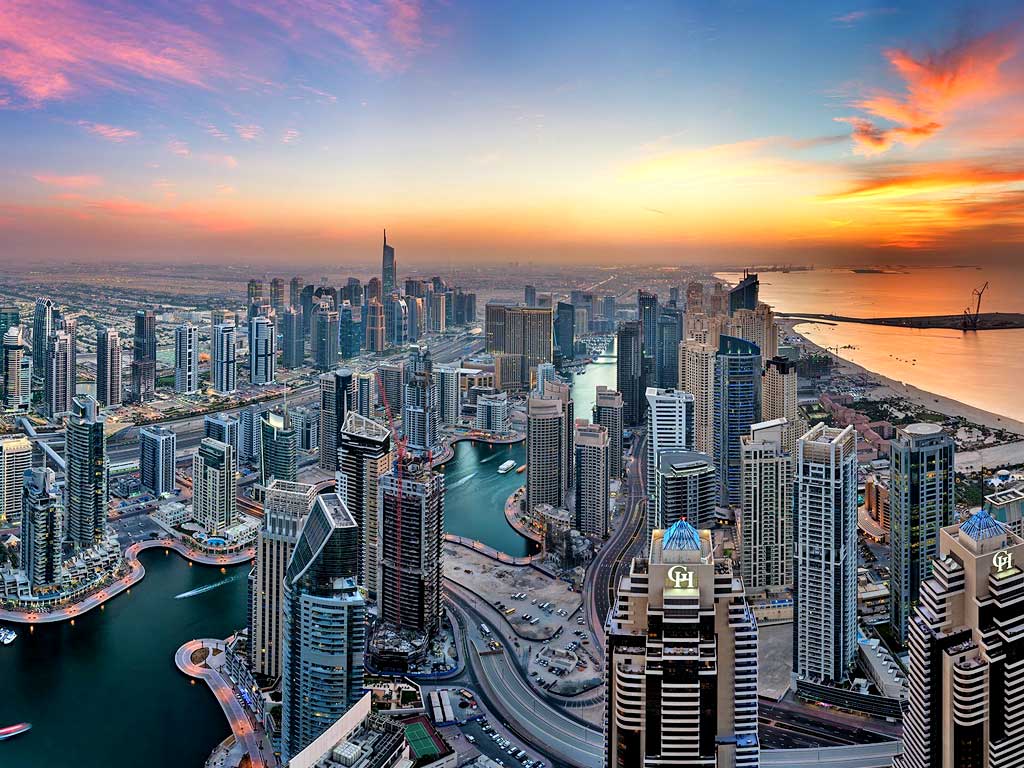
Coffee, a beloved beverage that fuels mornings and brings people together, holds a special place in Arabian culture. From its humble beginnings in the ancient deserts of the Arabian Peninsula to its widespread popularity around the globe, the story of Arabian coffee is one of intrigue, tradition, and innovation.
Picture this: you’re welcomed into an Arab home, and the first thing offered is a small cup of steaming coffee. This gesture signifies friendship, respect, and a shared moment of warmth.
Origins of Coffee
Legend has it that a goat herder named Kaldi discovered coffee when he noticed his goats dancing energetically after nibbling on bright red berries. Curious, Kaldi tried the berries himself and experienced newfound vitality. These berries were none other than coffee beans.
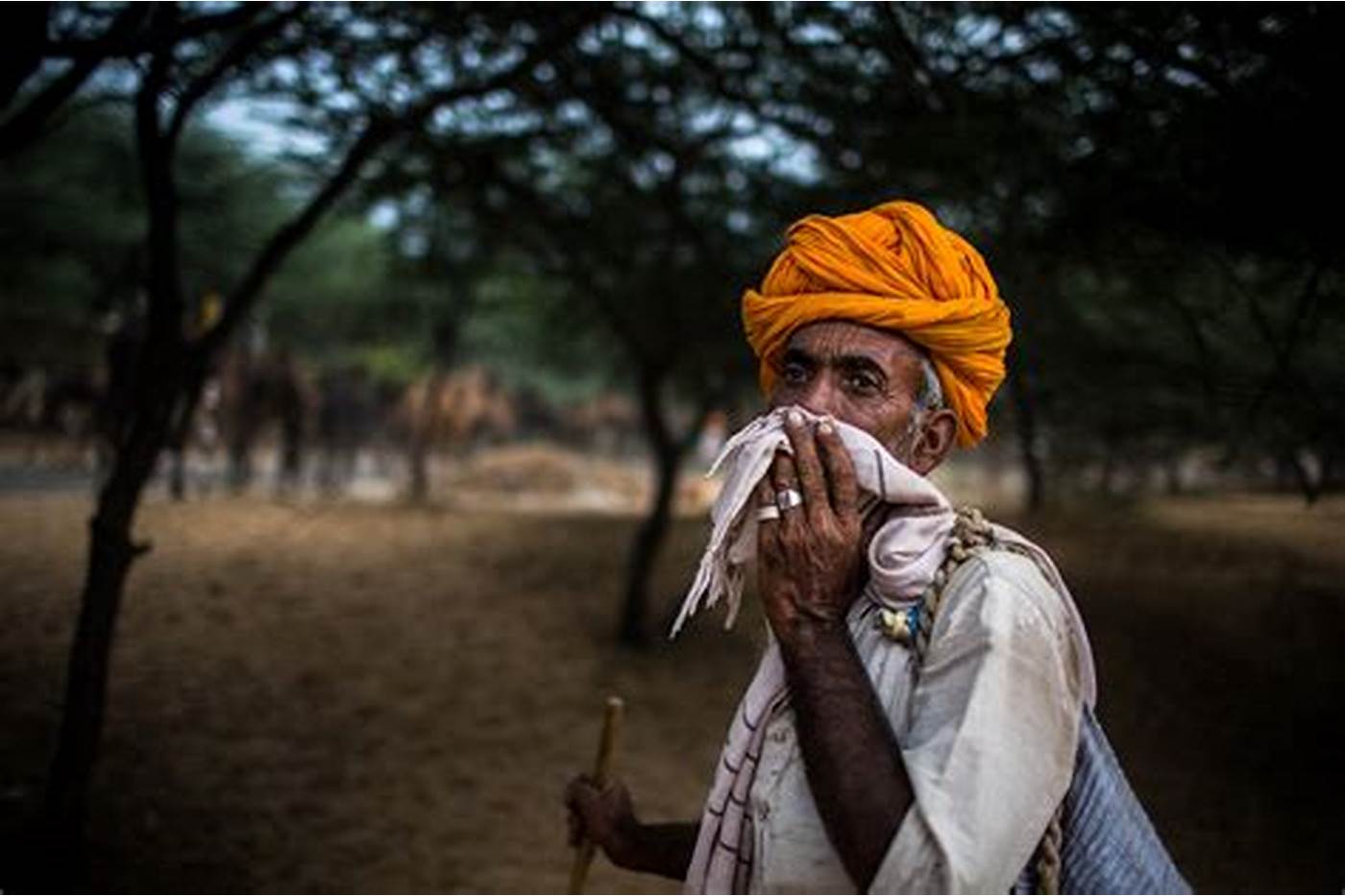
This discovery led to the cultivation of coffee plants in Ethiopia, eventually spreading to the neighboring Arabian Peninsula. By the 15th century, coffee cultivation had taken root in Yemen.
The Yemeni port city of Mocha became a hub for coffee trade, and the magic of coffee began to enchant the Arab world. As coffee became a staple in Arabian society, its popularity soared, leading to the emergence of coffee as a cherished beverage.
Coffee in Arab Culture
In Arabian culture, coffee is more than just a drink; it's a symbol of hospitality and social connection. The traditional Arabic coffee ceremony, with its elaborate rituals and fragrant brew, is a testament to the importance of coffee in Arab gatherings.
Coffee houses, known as qahwa, serve as vibrant centers of culture, commerce, and intellectual exchange, where ideas are shared over steaming cups of coffee.

These vibrant spaces buzzed with poets, scholars, and merchants. Coffee fueled conversations, debates, and artistic expression. The aroma of freshly brewed coffee wafted through the air, creating an atmosphere of creativity and camaraderie.
Rise of Coffee Trade
Yemen’s fertile highlands nurtured coffee plantations. The first coffee trade routes connected Yemen to the Ottoman Empire, Persia, and North Africa. Coffee became a valuable commodity, and its allure reached the courts of Istanbul and Cairo.
In the 17th century, European traders brought coffee to their shores. Coffeehouses sprouted across Europe, becoming hubs for intellectuals, artists, and revolutionaries.
The “coffee craze” swept through Vienna, Paris, and London, forever altering European social dynamics.
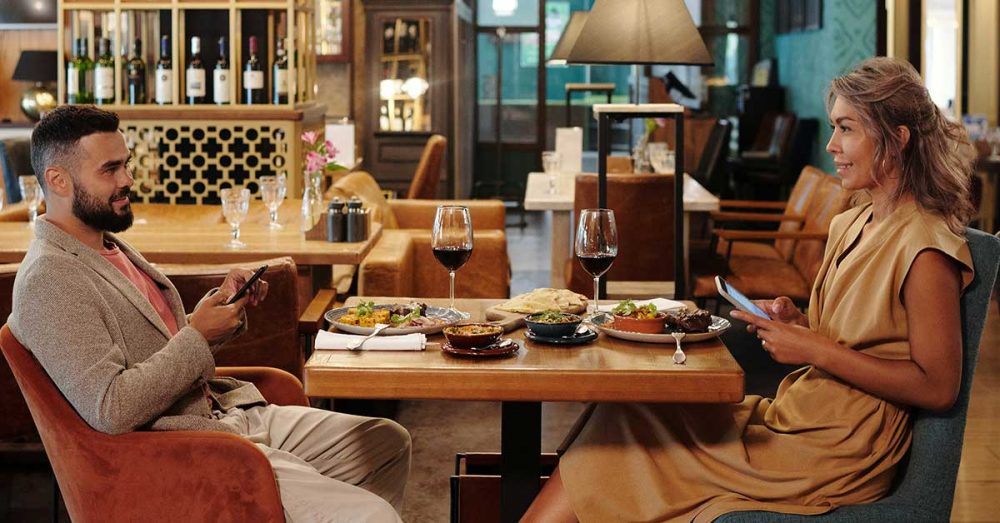
Coffee Houses & Culture
In Mecca, Medina and Cairo, coffeehouses flourished. These establishments played a pivotal role in shaping literature, music, and politics, serving as gathering places for intellectuals and artists alike.
Here, pilgrims and locals gathered to sip coffee, discuss theology, and share stories. In Cairo, coffeehouses hosted chess matches, musical performances, and political debates. Coffee fueled revolutions and inspired poetry.
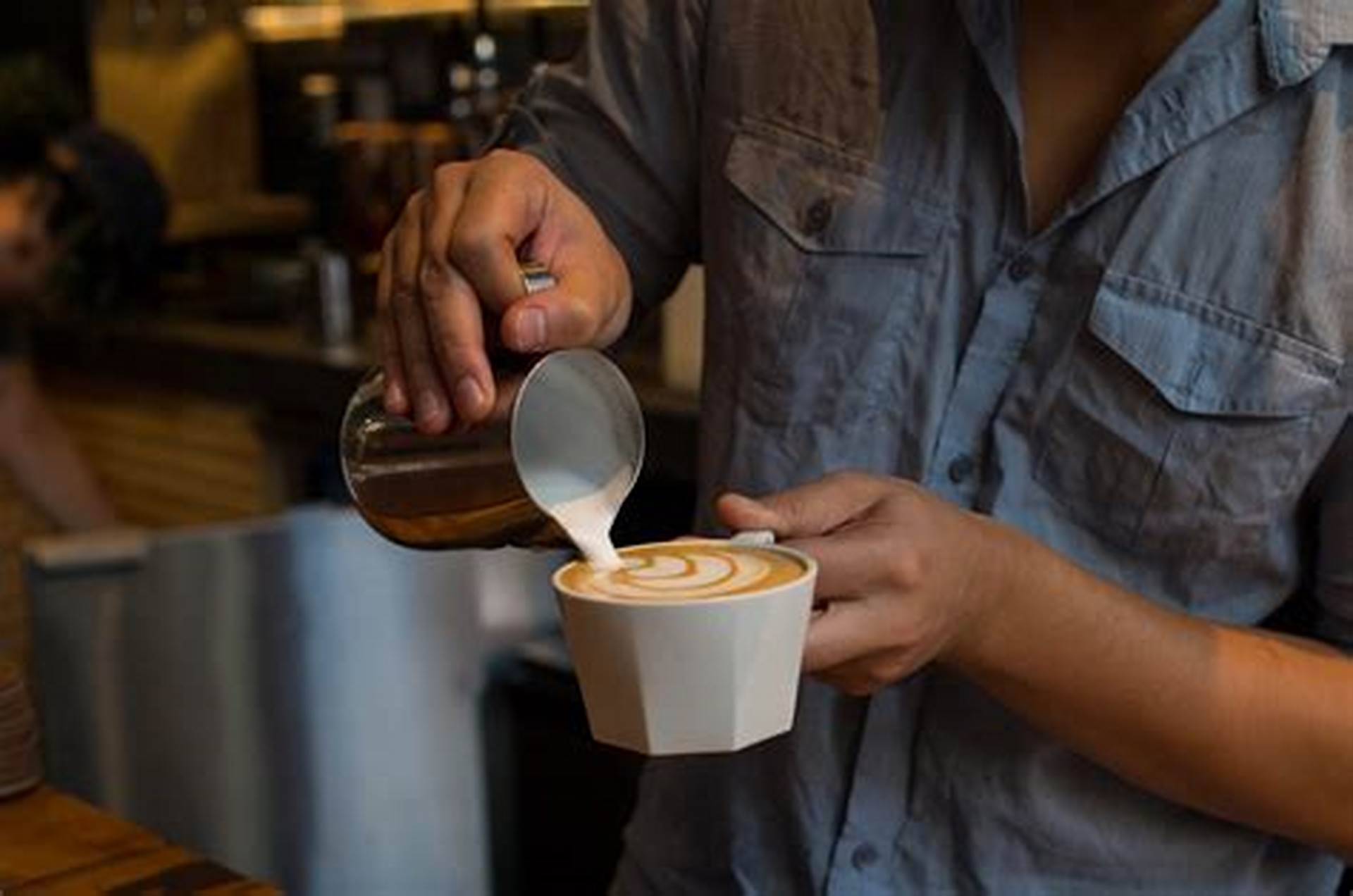
Spread of Coffe Across the Globe
Europe’s Love Affair
European coffeehouses became epicenters of enlightenment. Philosophers like Voltaire and Rousseau debated over cups of coffee. The “coffeehouse culture” shaped European thought and paved the way for the Age of Enlightenment.
Coffee in the Americas
Coffee found fertile soil in the Americas. From Brazilian plantations to Colombian hills, Arabica coffee thrived. Coffee fueled revolutions in Haiti and Brazil, and its economic impact reverberated globally.
Modern Coffee Culture
Today, coffee aficionados explore various brewing methods – from pour-over to espresso. Specialty coffee shops offer single-origin beans, meticulously roasted and brewed. The aroma of freshly ground coffee still captivates our senses.
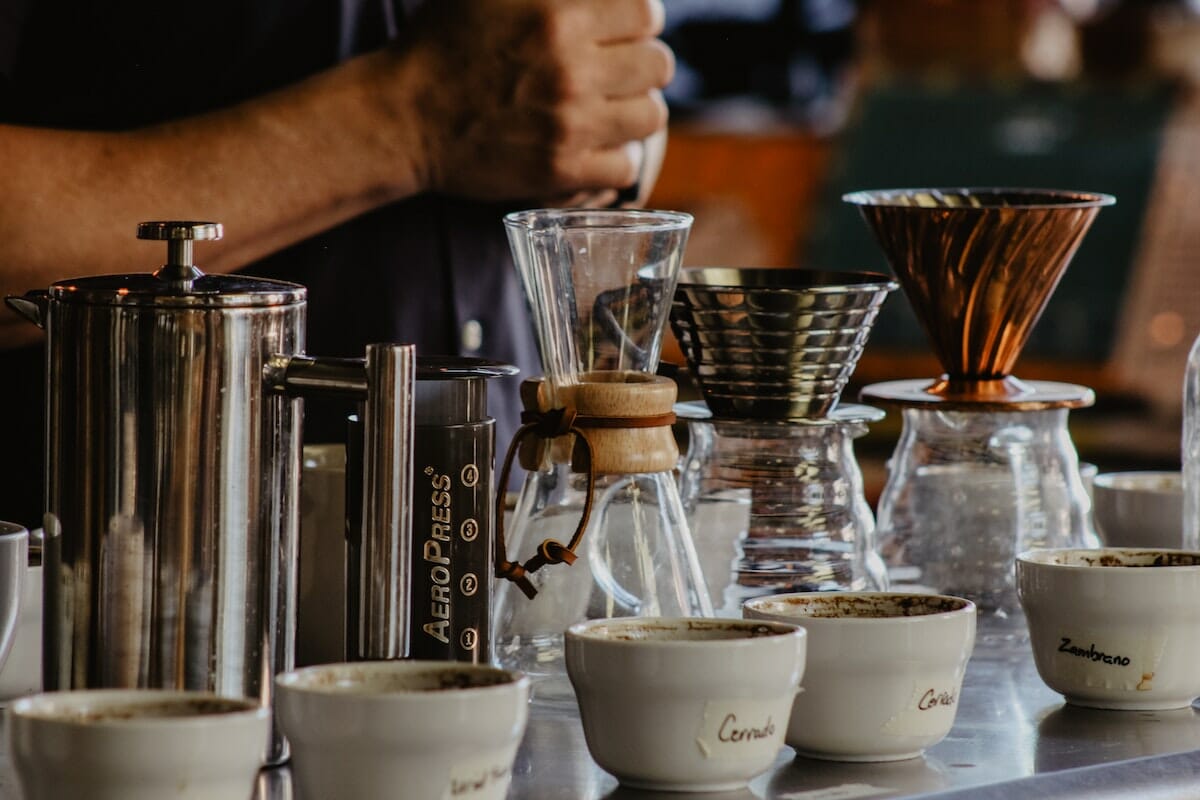
Arabica vs. Robusta
Arabian coffee varieties, especially Arabica beans, dominate the global coffee market. Their nuanced flavors and complex profiles make them prized by baristas and connoisseurs alike. Robusta, with its boldness and higher caffeine content, also plays a vital role.
Contemporary Traditions
Arabian coffee ceremonies continue, albeit with modern twists. Cardamom-infused brews, dallah pots, and delicate cups transport us back to the qahwas of old. Dubai’s specialty coffee scene thrives, blending tradition with innovation.
In conclusion, Arabian coffee remains a timeless elixir – a bridge between cultures, a catalyst for conversations, and a testament to human connection.
From its origins in the Arabian Peninsula to its global reach, coffee has transcended borders and united people from all walks of life.
As we sip our morning brew, let’s raise our cups to the enduring legacy of Arabian coffee – a global icon steeped in history and shared experiences.
If you enjoyed reading this article, you'll definitely like this other article here ''Embark on Unforgetable journey with 24K''
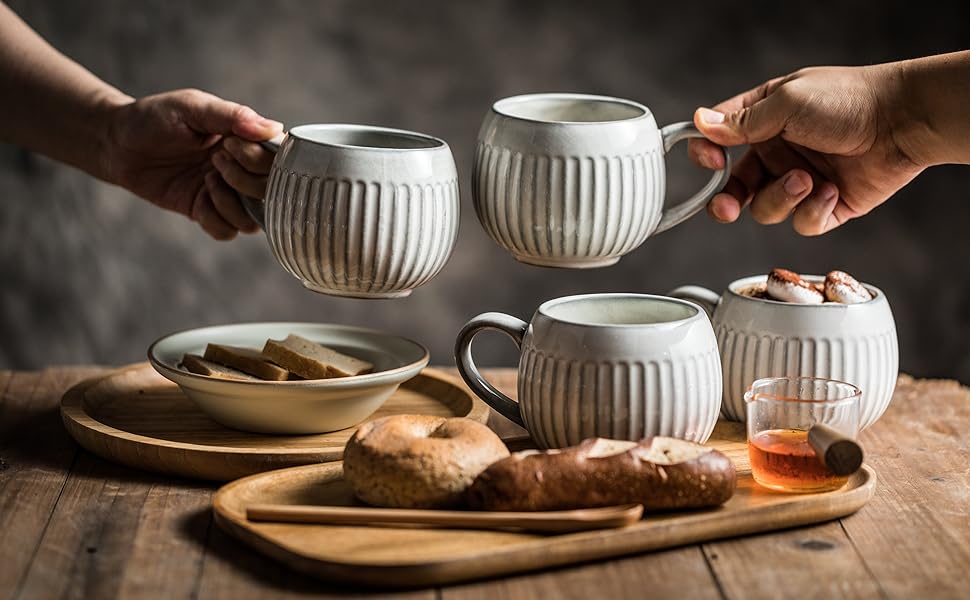
Ready to experience the wonders of Dubai for yourself? Visit our website for more travel guides, tips, and inspiration to help you plan your ultimate Dubai adventure.
Subscribe and Follow us on all our social media @24HourKandura for the latest updates and exclusive travel deals.
24K...Tailored Tradition, Crafted For You!


